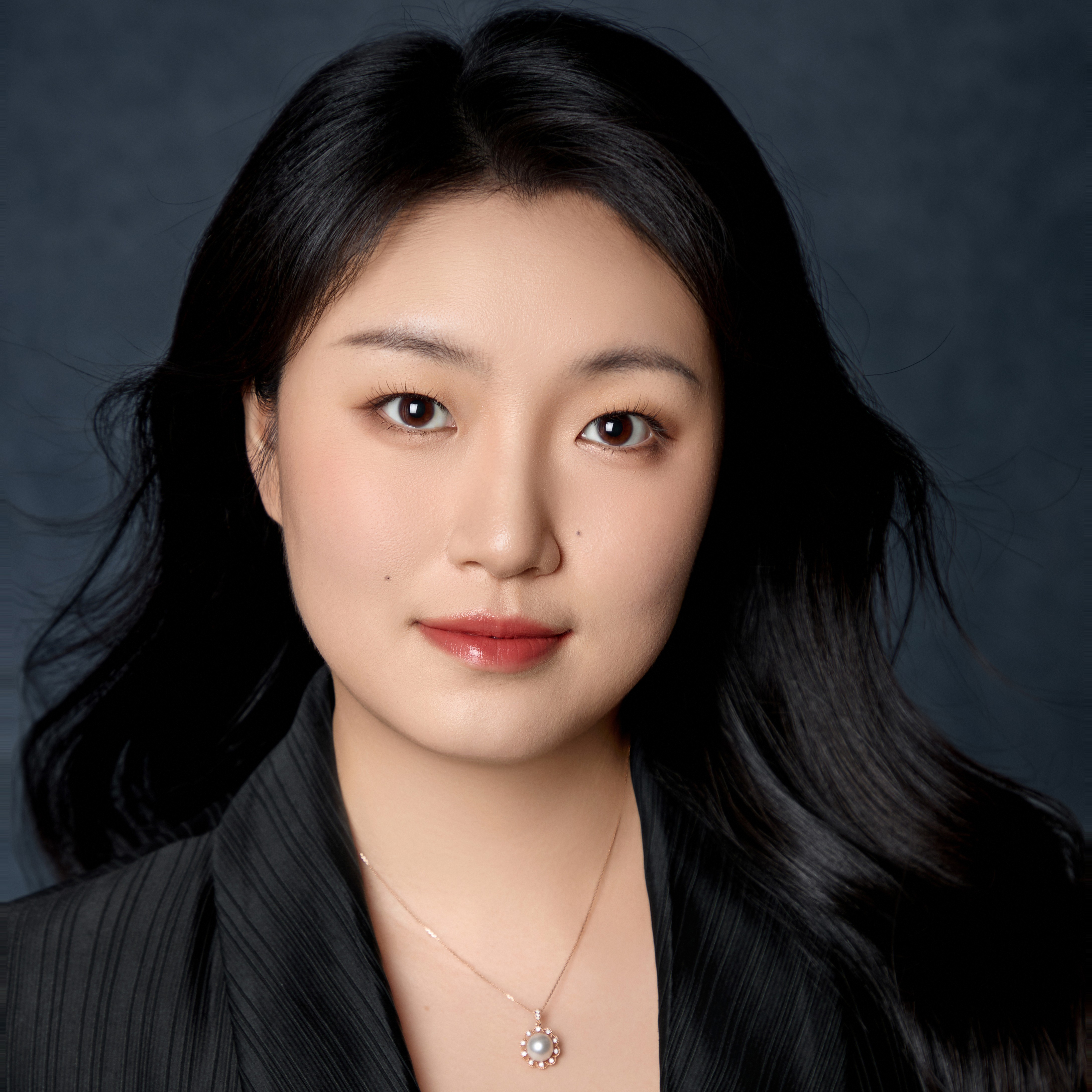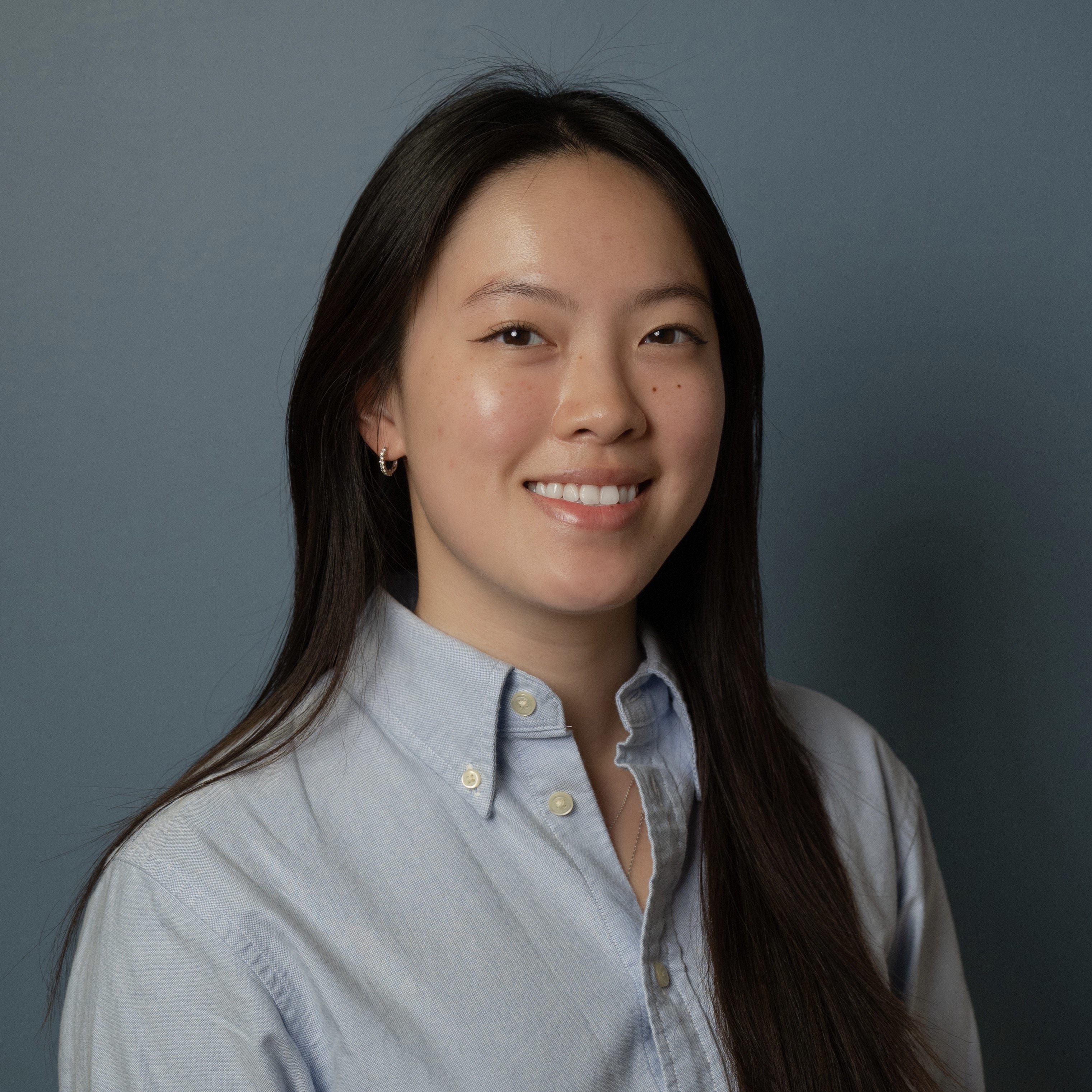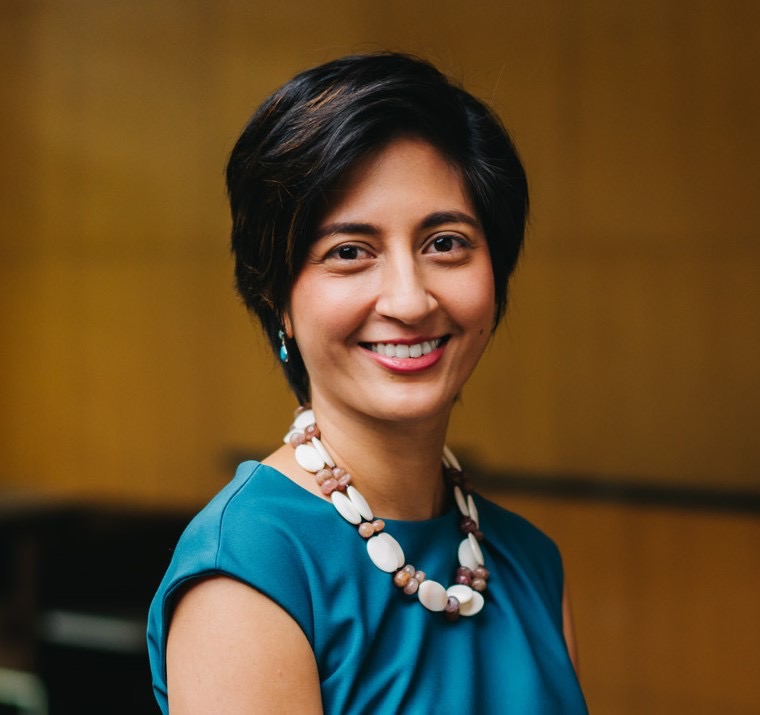
The Team

Dr. Albert Icksang Ko is the Raj and Indra Nooyi Professor of Public Health at the Yale School of Public Health and a Collaborating Researcher at the Oswaldo Cruz Foundation, Brazilian Ministry of Health. His research centers on the health problems that have emerged as a consequence of rapid urbanization and social inequity. Dr. Ko coordinates a research program in Brazil, which focuses on delineating the role of social marginalization, urban ecology, and climate in the emergence of infectious disease threats in slum communities and informal settlements. He and his team have mobilized research capacity to develop and implement community-based interventions to epidemics of meningitis, leptospirosis, dengue, Zika virus infection and associated birth defects, and the current COVID-19 pandemic.
Dr. Ko is also Program Director of the Fogarty/NIH Global Health Emerging Scholars, which provides research training opportunities for US and LMIC post and pre-doctoral fellows at collaborating international sites. He is a member of the WHO R&D Taskforce for Zika Virus and R&D Blueprint Working Group. During the pandemic, he served with Indra Nooyi as co-chair of Governor Lamont's Reopen Connecticut Advisory Group. Dr. Ko continues to advise the Governor and the State on its pandemic prevention and control plan, in addition to supporting the Oswaldo Cruz Foundation in its COVID-19 response in Brazil.
Education:
BS, Massachusetts Institute of Technology
MD, Harvard Medical School
Hobbies: He enjoys fishing, watching soccer games (especially EC Bahia), and reading books when he finds the time.


Cate Muenker is a seasoned molecular biologist with over 25 years of experience spanning both academic and industry settings. As the lab manager in the Ko Laboratory for the past eight years, she has played a pivotal role in emerging infectious disease research, specializing in molecular biology techniques such as qPCR, serology assays, cell culture, and microbiology. Cate has contributed to numerous high-impact research projects, managed bio-repositories, and led animal studies. Her leadership extends beyond the lab, as she is deeply committed to mentoring and training the next generation of scientists. Within the EMD Department, her guidance and technical acumen have earned her the respect of colleagues and trainees.
Education:
BS, Rutgers University
MS, University of Connecticut
Hobbies: She enjoys cheering on her children at their sports events, growing a small business, and immersing herself in reading.


Chelsea is a global health professional and Returned Peace Corps Volunteer with over eight years of experience in global health and program management. She holds a Master of Public Health degree from Tulane University, where she focused on addressing health challenges through a lens of equity and inclusion. Before joining Yale, Chelsea worked at Planned Parenthood in Louisiana, where she led efforts to streamline operations, foster strategic partnerships, and advance advocacy initiatives in a complex policy environment. Her work has centered on sexual and reproductive health, HIV, malaria, and maternal, infant, and child health, with a commitment to gender equality and racial equity.
A skilled leader and collaborator, Chelsea thrives in dynamic environments, bringing expertise in program design, capacity building, stakeholder engagement, and cross-cultural collaboration. At Yale, she serves as the Program Manager, supporting groundbreaking research and initiatives under the leadership of Dr. Ko.
Educaton:
BS, University of New Hampshire
MPH, Tulane University
Hobbies: She enjoys swimming, thrifting, hosting dinner parties, traveling, and kissing dogs.


Monique holds a degree in Business Administration specializing in Finance (2006), a Master's in Regional and Urban Development from Universidade Salvador (2018), and a Public Health MBA (2023). Since 2008, she has been involved in managing research projects focused on the development of diagnostic tests and vaccines for Leptospirosis, cohort studies on children with congenital Zika virus syndrome, and a cohort project for the diagnosis of COVID-19 at the Laboratory of Pathology and Molecular Biology at the Gonçalo Moniz Institute, Fiocruz-BA.
Education:
BA in Business Administration
MSc, Universidade Salvador
Hobbies: She enjoys traveling.


Juan P. Aguilar Ticona is a postdoctoral researcher at the Gonçalo Moniz Research Center, Fiocruz Bahia, where he is analyzing the antibody landscape of SARS-CoV-2 in a population with high hybrid immunity. He earned his medical degree from the Universidad Mayor de San Andrés (UMSA) in Bolivia. In 2015, he moved to Brazil as a postgraduate fellow funded by CAPES and CNPq, completing his doctorate in Public Health at the Federal University of Bahia (UFBA). During his doctoral studies, he conducted part of his research at the Yale School of Public Health under Professor Albert Ko, with whom he continues to collaborate on studies related to leptospirosis and arboviruses in the Pau da Lima cohort in Salvador, Brazil.
Education:
MD, Universidad Mayor de San Andres
MSc, Universidade Federal da Bahia
PhD, Universidade Federal da Bahia
Hobbies: Movies, chess, & board games


Nivison Nery Jr. is a postdoctoral researcher at the Instituto Gonçalo Moniz (Fiocruz) in Bahia, Brazil. He completed his PhD in Public Health at Universidad Federal da Bahia. His research interests span various infectious diseases in Brazil, including Zika, chikungunya, dengue, and leptospirosis. He is responsible for the information security and database management of the Leptospirosis and Dengue research group at Fiocruz-Bahia.
Hobbies: He enjoys supporting his football club, Esporte Club Bahia.


Sindiso is a current Post-doctoral Research Associate with the Ko Lab. His research focuses on the molecular epidemiology and evolution of SARS-CoV-2. His broader research interests include global health, infectious disease modeling, molecular epidemiology and health policy, focused on Low and Middle Income Countries. Sindiso is interested in working to leverage the range of genomic, statistical and computational tools available today to improve public health and combat disease in LMICs.
Education:
BA, Princeton University
MS, Stanford University
PhD, Stanford University
Hobbies: He enjoys reading fantasy and sci-fi novels, hiking and backpacking, and running and swimming.


Jaqueline Cruz is a pharmacist and postdoctoral researcher at the Gonçalo Moniz Institute (Fiocruz), Bahia, Brazil. In collaboration with Professors Albert Ko and Mitermayer Reis, she has been involved in research related to neglected tropical diseases, including leptospirosis, Zika, dengue, chikungunya, and COVID-19, using a One Health approach through serological and molecular biology techniques. Her recent research employs multiplex assays (Meso Scale Discovery) to investigate interactions between immune responses. Additionally, she participates in a wastewater surveillance project that monitors SARS-CoV-2 and other pathogens in vulnerable communities in Salvador, Bahia.
Education:
Bachelor’s Degree in Pharmacy, Universidade Estácio de Sá - Bahia - Brazil
MSc, Oswaldo Cruz Foundation - Fiocruz - Bahia - Brazil
PhD, Oswaldo Cruz Foundation - Fiocruz - Bahia - Brazil
Hobbies: She enjoys traveling, watching films, baking traditional Brazilian desserts, and organizing family gatherings.


Youngsuk earned his Ph.D. in Mathematics from Konkuk University, Korea, in 2024. His research focuses on mathematical modeling and analyzing the dynamics of infectious diseases that spread through human-to-human transmission, such as COVID-19, Ebola, Mpox, and MERS. He is also deeply interested in modeling the spread of vector-borne diseases like dengue and chikungunya. The goal of his research is to propose realistic intervention policies, both pharmaceutical and non-pharmaceutical, that take the public health environment into account.
Education:
BS, Konkuk University
MS, Konkuk University
PhD, Konkuk University
Hobbies: He's a cat enthusiast and a guitarist in a rock band. Once, he even dreamed of abandoning his Ph.D. to become a rock star like Brian May of Queen—but, thankfully, that dream remained just that.


Cleber is currently a postdoctoral researcher at the Ko Lab. He holds both an MSc and PhD in Public Health from the State University of Rio de Janeiro, Brazil. His research focuses on zoonotic, vector-borne, and airborne diseases, aiming to uncover the factors driving disease emergence and the disproportionate impacts on particular groups. Through his work, Cleber seeks to influence preventive strategies by analyzing how particular actions and environmental and behavioral changes affect the spread of diseases.
Hobbies: He enjoys cooking, watching and playing football, and supporting his hometown team, E.C. Bahia.


Ruchira (Ruth) Khosavanna is an Infectious Disease fellow at Yale School of Medicine, Investigator track. Originally from Bangkok, Thailand, she moved to the US during undergraduate education, and eventually earned her medical degree from Oregon Health & Science University (OHSU). She completed Internal Medicine Residency, Global Health/Health Equity Track, from University of Florida - Shands Hospital, Gainesville. Currently, her work focuses on surveillance of dengue and Zika among a cohort in Kamphaeng Phet, Thailand.
Hobbies: She enjoys traveling, exploring new cuisines, and learning new languages.


Xiaoting Yang is a postgraduate fellow in the Yale-China Medical Board Global Health Leadership Development Program. She is an Investment Manager at Haier Biomedical, a leading service provider of digital solutions for life sciences and medical innovation through IoT transformation. In her previous role as Strategic Director of Haier Hematologi, she played a pivotal role in the strategic planning and merger integration of various new industries, including blood component separation and application, biological reagents, and scientific analytical instruments for Haier Biomedical. She holds a master's degree in Bioengineering from Ocean University of China and also has hands-on experience in research and development for in vitro diagnostics (IVD). She is joining Professor Albert Ko's team to work on wastewater surveillance for infectious diseases at Fiocruz Bahia and Yale in 2025.


Dr. Ascencio is a Peruvian physician and global health researcher focused on climate-sensitive diseases. As a GHES Fellow, he investigates how climate-induced mobility influences dengue transmission in the Peruvian Amazon, integrating seroepidemiology, hydrology, and remote sensing (such as drones) to inform local and global vector-borne disease control.
Education:
MD, Universidad Peruana Cayetano Heredia


Elisabeth Nelson is an Epidemiology of Microbial Diseases PhD candidate. She is interested in novel forms of vector control and in optimizing Wolbachia release programs to help with scale-up and expansion in low-resource arboviral-endemic settings. She is currently working on a Wolbachia release randomized control trial in Belo Horizonte, Brazil.
Education:
BS, Georgetown University
MSc, London School of Hygiene and Tropical Medicine
Hobbies: She enjoys skiing, yoga, and true crime, among other things.


Lianhan is a PhD student in the Ko lab. He is now studying the protection effects of previous immune responses against SARS-CoV-2 infection and hospitalization.
Education:
Bachelor of Medicine, Beijing University of Chinese Medicine 2017
Doctor of Medicine, Beijing University of Chinese Medicine 2021
Hobbies: He's an enthusiastic badminton player and an aspiring chef. His culinary skills are currently at a solid 1% mastery level, but he's determined to improve - one wok at a time.


Paloma is an Epidemiology of Microbial Diseases PhD student. She earned her MD from Universidad Peruana Cayetano Heredia, after which she worked as a research fellow at the Alexander von Humboldt Tropical Medicine Institute. She is currently working on optimizing Wolbachia-based interventions for arboviral disease risk reduction.
Education:
MD, Universidad Peruana Cayetano Heredia
Hobbies: She enjoys birdwatching.


Rui Tao is a Master of Public Health student in the Epidemiology of Microbial Diseases program at Yale University. Her work in the Ko Lab focuses on the evolution of SARS-CoV-2, particularly the role of immune suppression in shaping viral variants. Rui earned her bachelor's degrees in Neuroscience and Genetics & Genomics from the University of Wisconsin–Madison, graduating with highest distinction. Her academic background spans virology, bioethics, and neurobiology.
Education:
BS, University of Wisconsin-Madison
Hobbies: She enjoys playing basketball and is actively involved in campus sports activities.


Vivienne Su is a Master of Public Health student in the Epidemiology of Microbial Diseases Department at Yale University. She earned her Bachelor of Science in Life Sciences from Yale NUS College in Singapore, graduating with the highest honors. Her interests lie at the intersection of global health, infectious disease, and climate change. She is currently researching the effectiveness of Wolbachia-based interventions on chikungunya incidence.
Education:
BS, Yale NUS College
Hobbies: She enjoys scuba diving, making and drinking coffee, listening to music, and playing ultimate frisbee.


Juan Borrego is an undergraduate student at Yale University and is currently researching how infrastructural factors are associated with dengue fever incidence in Rio de Janeiro, Brazil. As an aspiring physician and a passionate advocate for public health, he is deeply committed to bridging the gap between epidemiology and medicine to address health inequities and enhance community welfare. Outside of class, he serves as an EMT for Yale EMS and a Patient Navigator at the HAVEN Free Clinic. Dedicated to civic engagement, he also engages with New Haven public schools as a Community Health Educator.


Qinyi Wang is an undergraduate student at Yale University studying biology and global health. Her interests lie at the intersection of global health and human rights, with a focus on health interventions in complex emergencies and pandemic preparedness in resource-limited settings. She currently researches factors associated with SARS-CoV-2 vaccine uptake to inform more effective outbreak prevention and control. At Yale, she leads the Universities Allied for Essential Medicines and Friends of MSF chapters, and works as a photographer for Trumbull College.
Hobbies: She is enthusiastic about rock music, traveling, and the football club Arsenal.
















.jpg)
